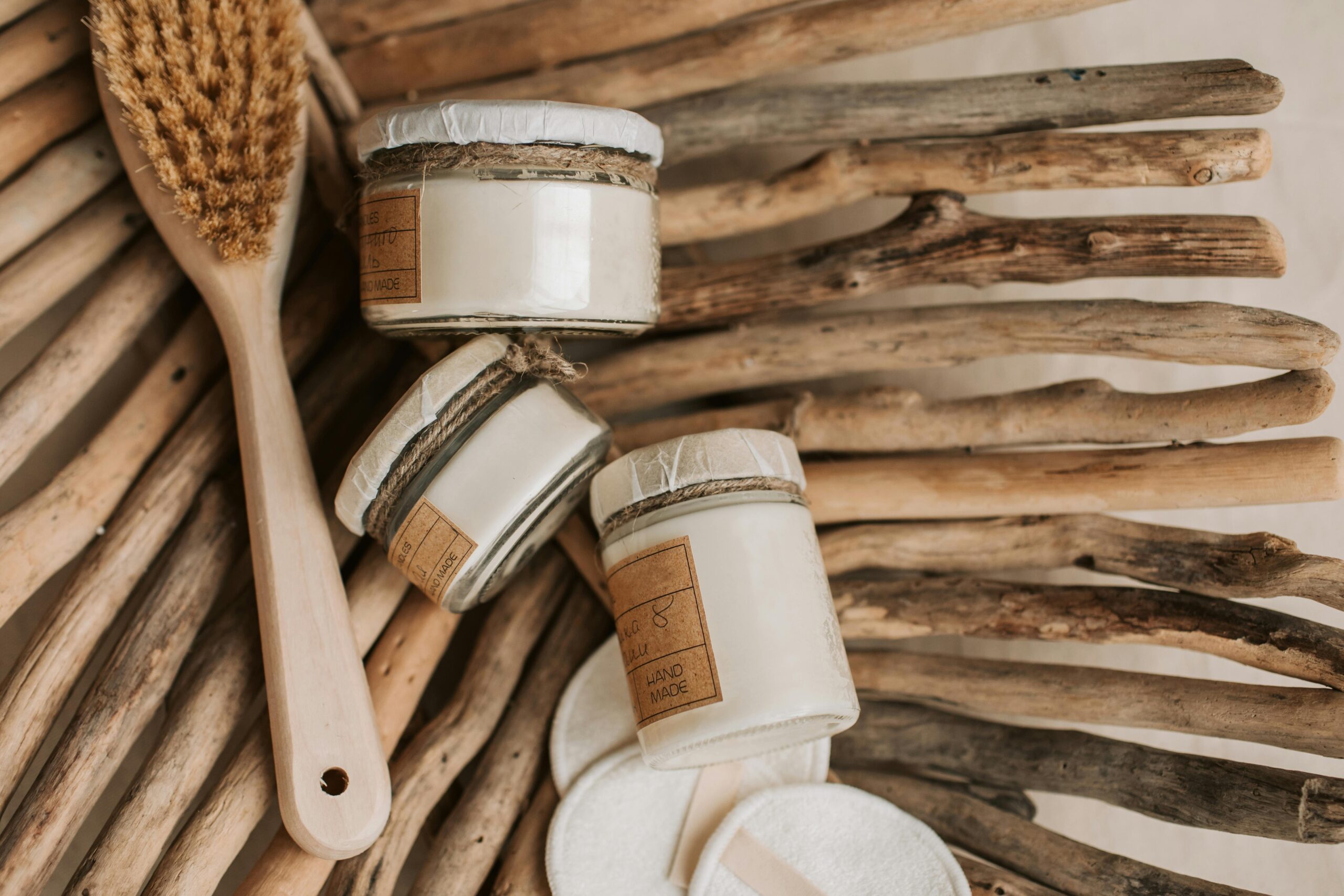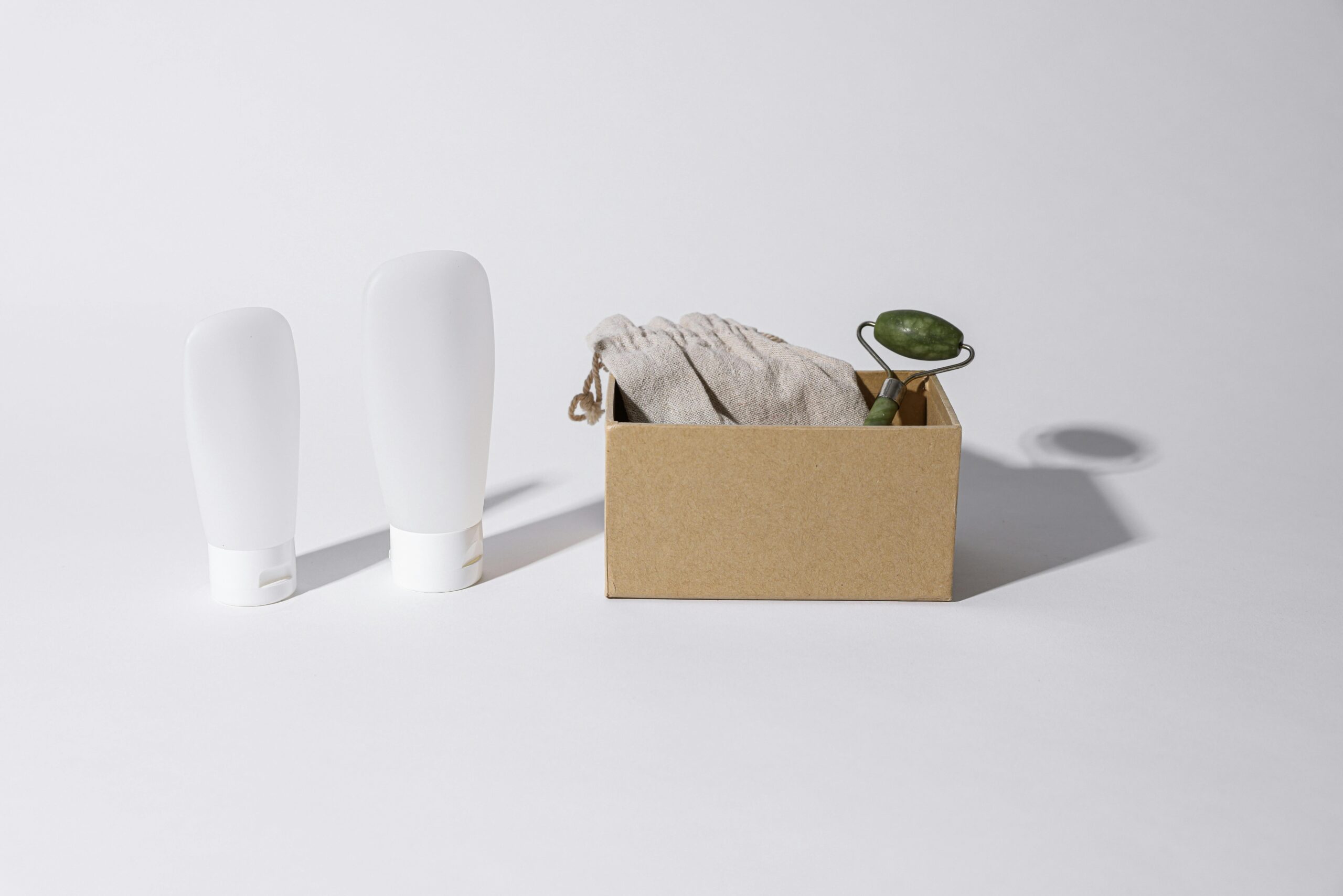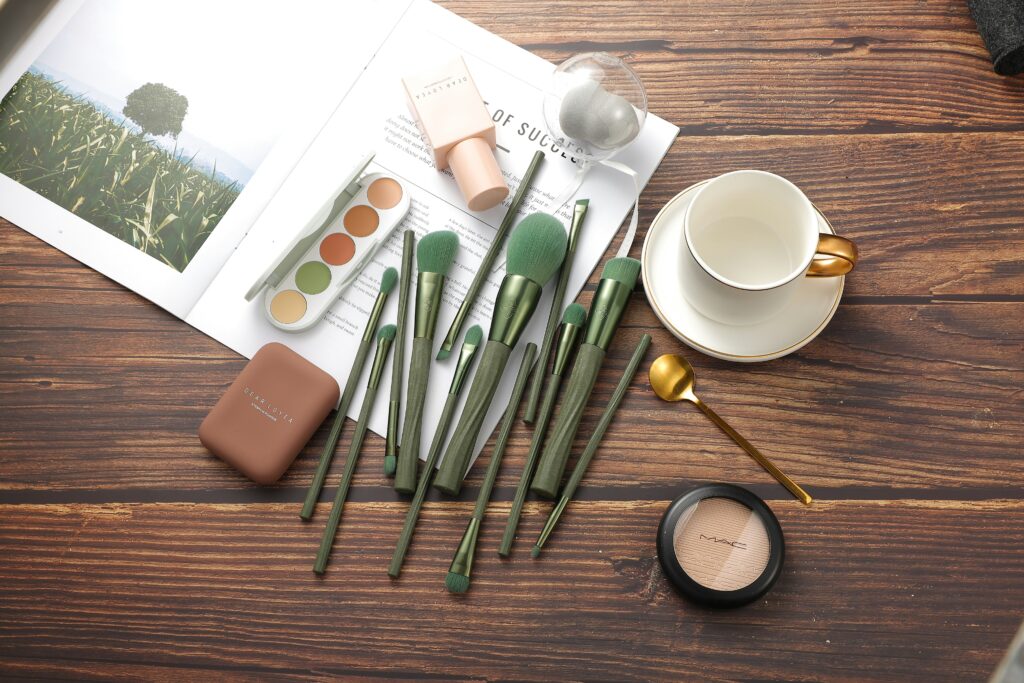Ever stared at a skincare label and felt personally attacked by words you needed a Ph.D. to decode? Yeah, that’s *everyone*. But what if the secret to glowing skin isn’t just about fancy formulations but also about being kind to Mother Earth? Spoiler: It totally is.
In this post, we’ll dive into the magical world of organic moisturizers, their role in sustainable skincare, and how to make choices that benefit your skin—and the planet. You’ll learn why sustainability matters, how to choose eco-friendly products, tips for using them effectively, real-life success stories, and answers to all your burning (pun intended) questions.
Table of Contents
- Why Sustainable Skincare Matters
- How to Choose the Right Organic Moisturizer
- Best Practices for Using Organic Moisturizers
- Real-World Success Stories
- FAQs About Organic Moisturizers
Key Takeaways
- Sustainable skincare reduces environmental impact while delivering effective results.
- Organic moisturizers are free from harmful chemicals and better for sensitive skin.
- Proper storage and application enhance the performance of natural beauty products.
- Glass packaging and refillable options reduce plastic waste significantly.
Why Sustainable Skincare Matters
“But does my moisturizer really have an environmental footprint?” Oh, absolutely. Traditional beauty products often rely on synthetic ingredients derived from fossil fuels, along with excessive single-use plastic packaging. The stats aren’t pretty—about 120 billion units of cosmetic packaging end up in landfills every year worldwide.
Confessional fail alert: I once bought a moisturizer because its Instagram ad promised ‘glow like Rihanna.’ Big mistake. It came wrapped in layers of unnecessary cellophane, smelled like regret, and broke me out faster than reality TV drama unfolds. That’s when I realized supporting sustainable skincare isn’t just altruistic—it’s practical.

Optimist You:
“Using sustainable skincare feels good!”
Grumpy You:
“Until you accidentally spill half of it down the sink.”
How to Choose the Right Organic Moisturizer
Step one? Don’t just grab the first jar that catches your eye. Here’s a process flowchart for picking the right product:
Step 1: Check Certifications
Look for labels like USDA Organic, COSMOS, or Leaping Bunny. These certifications ensure ethical sourcing and production practices.
Step 2: Analyze Ingredients
Avoid parabens, sulfates, and silicones. Words you can’t pronounce? Hard pass. Instead, look for shea butter, jojoba oil, and hyaluronic acid as key players.
Step 3: Consider Packaging
Glass jars over plastic tubes? Chef’s kiss. Bonus points for refillable containers.

Best Practices for Using Organic Moisturizers
- Less Is More. A tiny dollop works wonders; overloading can lead to clogged pores.
- Layer Correctly. Apply after cleansing and toning but before sunscreen.
- Store Properly. Keep away from direct sunlight, especially since natural formulas may degrade quicker.
Now here comes the brutal honesty section: Terrible tip warning—someone once told me to refrigerate my moisturizer “for freshness.” Bad idea unless it’s specifically designed for cold storage. Why? Because temperature fluctuations mess with emulsions faster than TikTok trends change.

Rant Break!
Greenwashing drives me insane! Brands slapping “eco” stickers without backing it up need to simmer down. Like, how hard is it to be transparent? Ugh.
Real-World Success Stories
Jane Doe swapped her drugstore creams for a certified organic moisturizer three months ago. Results? Fewer breakouts, softer skin, and peace of mind knowing she’s reducing her carbon pawprint.
Even dermatologists agree: Many patients report less irritation and improved hydration after switching to natural alternatives.
FAQs About Organic Moisturizers
Are organic moisturizers suitable for all skin types?
They generally are, but always patch-test first. Sensitive skin types particularly benefit due to fewer potential irritants.
Do organic moisturizers expire faster?
Possibly. Natural preservatives might mean shorter shelf lives compared to their chemical counterparts. Use within six months of opening.
Will they work as well as non-organic versions?
Tl;dr—Yes, provided they’re formulated correctly. Modern brands blend efficacy and ethics beautifully.
Conclusion
Sustainable skincare is more than a trend—it’s a movement toward healthier habits and a greener future. By choosing organic moisturizers thoughtfully, respecting best practices, and avoiding greenwashing scams, you can glow guilt-free. Plus, adopting daily rituals like these feels kinda zen.
Like trying to master Vine reference timing circa 2014, achieving perfect balance in skincare takes effort—but trust us, it’s worth it.
“Glow clean, live green / Planet, pore, alike renewed / Zen mode activated”


